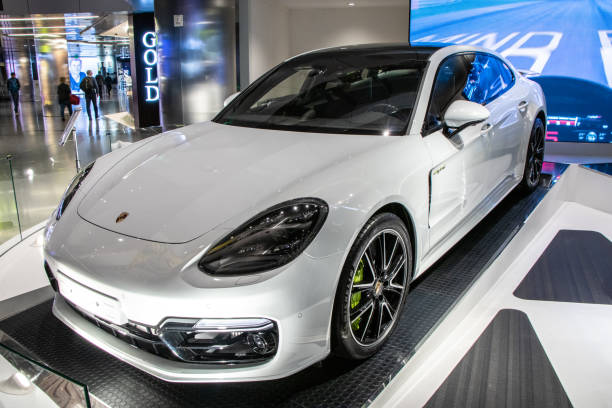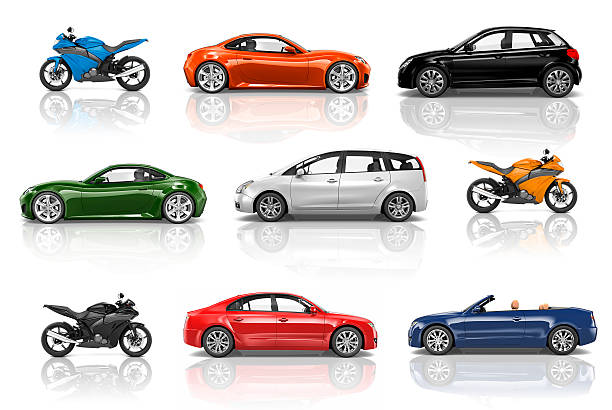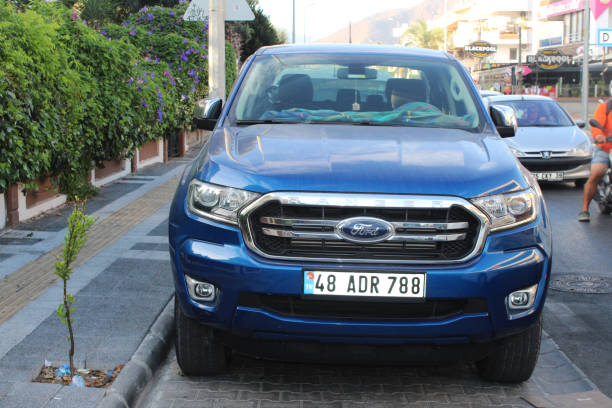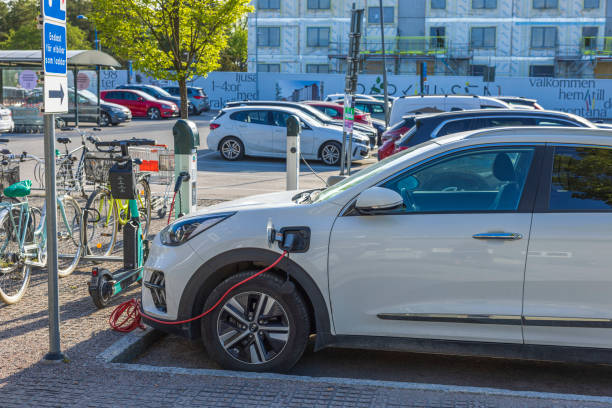
Why are posrche electric vehicles so heavy
Why are posrche electric vehicles so heavy
Porsche has been making significant strides in the electric vehicle market, but one question consistently emerges among automotive enthusiasts and potential buyers: why are posrche electric vehicles so heavy? In particular, the mass of these complicated appliances depends on advancements in technology, mechanical challenges, and electrical and other characteristics of power supply.” As with any why are posrche electric vehicles so heavy, it is imperative to go several layers lower into automotive engineering and battery tech.
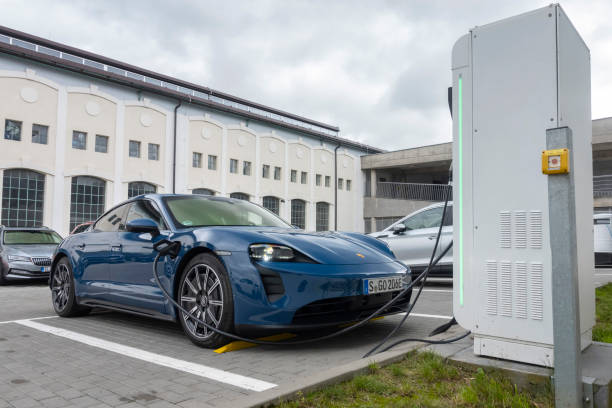
Battery Technology:
Primary mass contributor includes other secondary components, and there are more of them in the following description.When it comes to the why are posrche electric vehicles so heavy, battery technology is particularly commanding. Battery packs necessary to supply the sorts of power levels and the type of range that a Porsche is likely to provide are large by their nature for lithium-ion batteries that make up battery packs.
Most of these battery systems are far heavier than internal combustion engine parts or individual transport vehicle lithium-ion elements. In a conventional electric vehicle, the weight of a battery pack for a standard Porsche can easily run into hundreds of kilograms, which substantially changes the weight of the vehicle.
At the same time, several factors define a battery pack’s weight. Every kind of battery cell requires protection, cooling, and reinforcement to perform its basic function and role in the context required of it.
This is because Porsche constantly stays committed to high-performance electric vehicles that are more centered on battery capacity as well as their last, which increases why are posrche electric vehicles so heavy. The engineering team continuously pushes Macro designs on all these battery systems to check that they can perform under all the weather conditions as called for by the market as well as offer that big boost and range that customers ask for.
Structural Reinforcement: Hazard and Performance Management
The second that consists of a lot of why are posrche electric vehicles so heavy is structural reinforcement. While sedan electrified vehicles have structural challenges as they drag large battery packs as well as ensure passengers’ safety. High-rigid vehicle structures can therefore be designed by expert engineering and design principles, which are applied by Porsche engineers to develop lightweight frames for distribution of weights in a manner that retains the brands’ legendary handling attributes.
The extensive structure modification implies that new metallic parts and other exotic materials are integrated into the vehicle framework. While naturally, they provide much more weight, these reinforcements are essential in returning high performance and safety characteristics, which have come to symbolize Porsche. When arguing with why are posrche electric vehicles so heavy, it is again important to realize that there is complex hard work done to create a resilient and very efficient electrocompany.
Advanced Cooling Systems: A Necessary Weight Investment
Heat dissipation is the other aspect that needs to be understood when it comes to why are posrche electric vehicles so heavy. Electric powertrains are about two-thirds warm and hence need vast cooling. These include systems that incorporate more than one radiator, coolant reservoirs, and intricate pipework to help control the temperature differentials between the battery and the motor.
These approaches are different from managing thermal conditions in typical electric vehicles since Porsche’s solutions are even stronger for fast thermal management connected with repeated high-performance driving situations. This leads to adding a huge amount to the total vehicle weight, but this in turn affects the performance and the reliability required.
Electric Powertrain Components: Complex and Substantia
The electric powertrain is yet another basic cause. Of course, electric motors, as compared to smaller combustion engines, are packed with many large, substantial parts. Several motors, especially drivers for all-wheel drive, such as in the Porsche Taycan, add a lot of weight to the car.
Other parts include inverters, power electronics, and other intricate transmission systems that contribute to the overall weight of the inverter. All of these components are engineered to specification in a bid to deliver the sort of torque and acceleration that customers of Porsche expect today. This goes a long way in explaining why are posrche electric vehicles so heavy, bearing in mind that these systems are a bit complicated and are made of high-quality materials.
Safety Features and Luxury Amenities: Adding Necessary Weight
Out of these brands, Porsche just creates goods to compete in the luxury sector as well as be as safe as you can, building up more weight for electric vehicles. These include schemes for detecting objects, having multiple reinforced airbags, reinforced structures of a car cabin, and soundproofing all aspects of weight. Far from being mere additional decorations to the cars, these features are seen as part and parcel of the functioning and construction of the vehicles.
Also, large technological attributes like large touch-screen displays, complex connectivity systems, and superior control electronics contributed to why are posrche electric vehicles so heavy. Each of these systems requires special hardware and proper interaction with increases in the total mass of the vehicle.
Conclusion:
Therefore, information unveils another level regarding the advanced technological perspective. It is not the weight that has been the limitation but the number that has been arrived at as a part of defining definitive dynamics, safety, and luxury. As much as battery and material technologies, Porsche is interested to know more about electric car engineering on average.
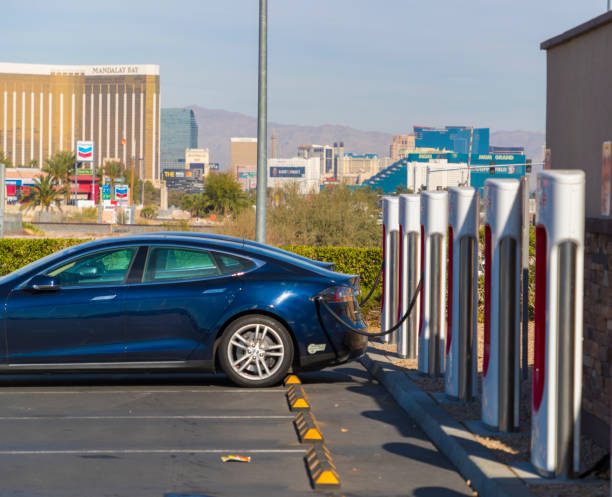
Up to the present, automobile manufacturers still have developed electric cars, as today’s models may still weigh quite a lot; however, they represent the next generation of cars in the industry of auto production. Therefore, weight is also not only an indicator that is understood as a technical challenge but also as an area of permanent improvement and research at Porsche.
FAQs
Can Porsche make all-electric cars lighter?
Sustainable lightweight construction is permanently fixed on further development at Porsche. Even though weight reduction to zero is not feasible, current trends of new carbon-fiber reinforced plastics in automobiles and new-age aluminum alloys hint at the future direction.
How much do the weights of vehicles matter for the efficiency of electric cars?
Still, the extra poundage is well tolerated because Porsche engineering is high and performance increases are felt. More than compensated for by suspension, perfect weight balance, and strong electric motors/CVs, the weight yields excellent acceleration and handling.
